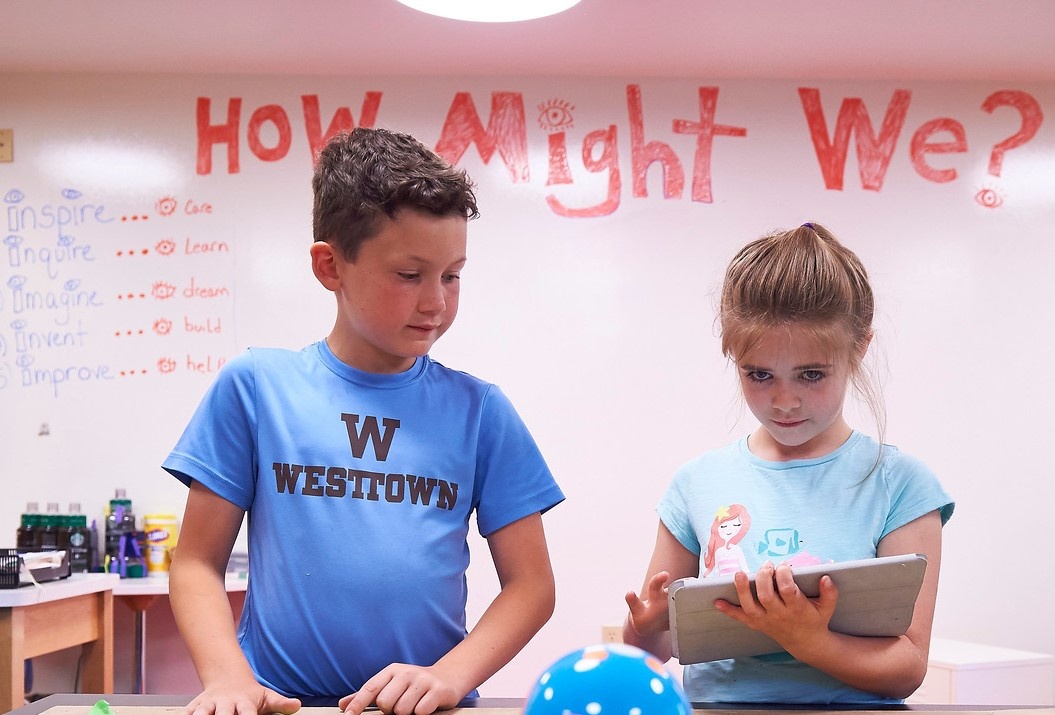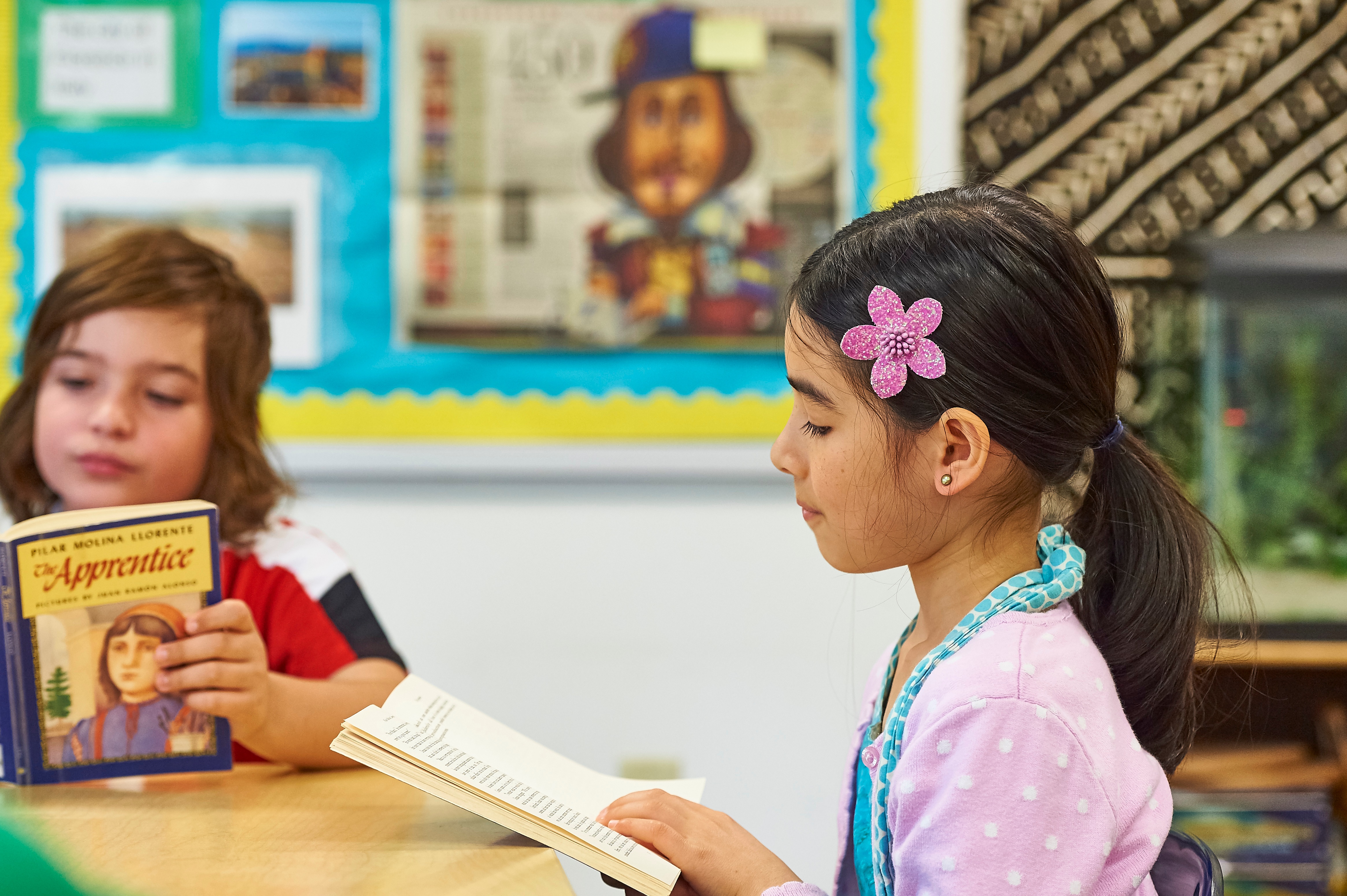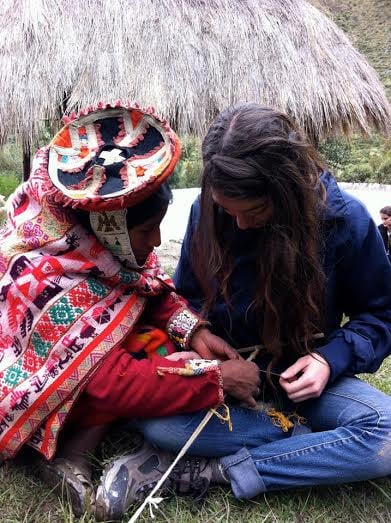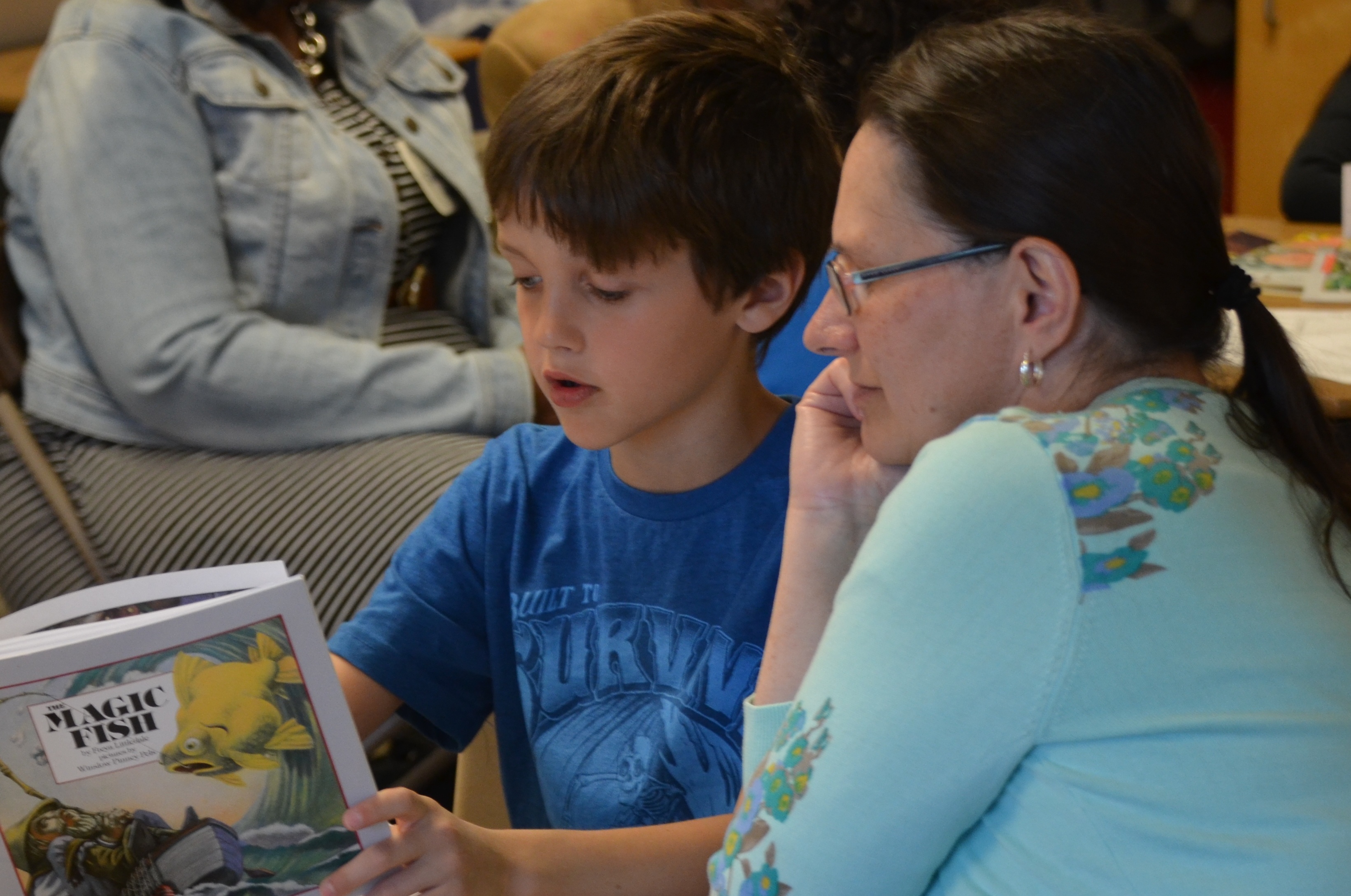Empathy and action are at the heart of Quaker education. These attributes are also central to design thinking (DT), where students are asked to discover and understand needs, and then collaborate to meet them. They are asked to empathize, to interview, to dig deeper, and to ask Why? or How Might We?
Developed by Tim Brown of Stanford University, design thinking is both a mindset and a process. We begin by modeling the mindsets of design thinking: curiosity, creative confidence, fail up/fail fast/fail often, just make it, embrace ambiguity,empathize, iterate, and optimism, or a “Yes, And” attitude. As students engage in design thinking, they develop these mindsets.










